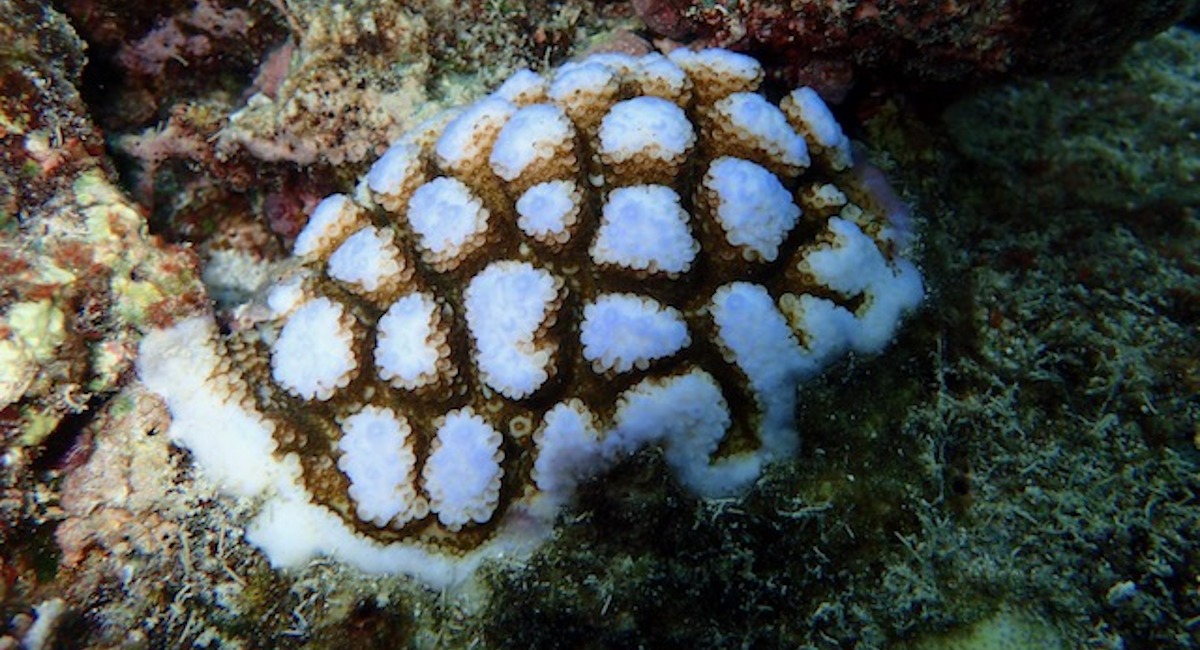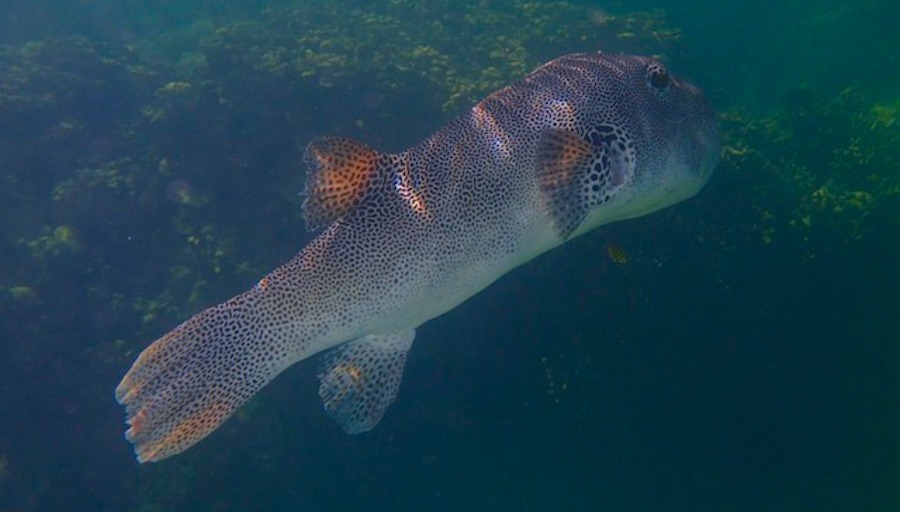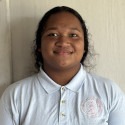Creation is a precious gift given to us at the beginning of time. Yet, we do cruel acts that destroy it. Ever since I was a young girl, I would go with my dad to catch fish. As the years progressed, I noticed how the corals were slowly dying and how much the fish were decreasing. I was not aware of the damage that we as islanders were causing the ocean by doing something as simple as throwing trash in the sea or burning nonbiodegradable objects.
Over the summer, I joined the Marine Island Ecology Course (MIEC) as a senior at Yap Catholic High School (YCHS). This programme educates students on how we should care for and protect the ocean and the creatures that live in it. Through MIEC, I learned how and why we should protect our corals, fish, and ocean.
Corals provide shelter and food to marine animals, making them extremely crucial for marine life. One of the main effects of pollution is coral bleaching. Through MIEC, I learned that the increase in temperature and the decreasing amount of algae can cause corals to bleach and then die. The fish would then have to find other means of shelter and food to survive. During the reflection with Mr Dickson, I was able to see how important corals are. Harming our ocean’s environment and killing off corals ruin the balance of our marine ecosystem.
Fish is the main source of meat for us islanders. Without fish, we would not be able to survive. We should be aware of the growing scarcity of our fish supply due to overfishing. This should inspire us to conserve all marine creatures. Our ancestors knew the importance of the ocean, taking only what they needed and allowing time for it to replenish. However, islanders today often take much more than necessary, catching fish of all types and sizes without considering the needs of others. Along with overfishing, pollution has contributed to the decline in fish populations. Oil spills and ocean littering introduce toxic substances that can cause fish to die.
During the MIEC, I saw many plastic bottles and objects floating on the ocean, which made me very sad. I’ve always envisioned the ocean as a clean and beautiful place, but MIEC opened my eyes to the serious impact of littering. I was able to reflect on the importance of fish to the ocean and us islanders. We can protect our fish by not littering and trying our best to preserve their habitats. We must take into consideration how our decisions affect the lives of marine animals. Along with the fish, we must also protect the great ocean itself.
The ocean is very important, especially to us islanders. It was a major means of travel for ancient people. Through the MIEC, I saw how the ocean connected all the islands of Micronesia. As we journeyed through its rough waters, I saw how much skill and experience it takes to navigate. Reflecting on this, I realised that the ocean is a gift that could be lost in a split second if we don’t take care of it. We must do our best to preserve the life it sustains.
The MIEC programme enabled me to learn more about how and why we should protect our corals, fish, and the ocean itself. It allowed me to look at the great consequences that we islanders face due to the decisions we make every day. I saw firsthand the dying corals and declining fish population. It was an experience that helped me reflect on my actions and what I must do to help our oceans become clean and safe. I realised the huge impact the ocean has not only on my life but also on the lives of those around me. Partaking in the MIEC programme was a once-in-a-lifetime opportunity that will continue to guide my future decisions for a safer and cleaner ocean.









